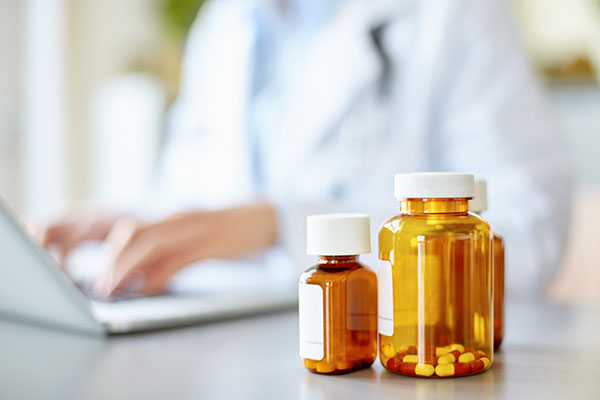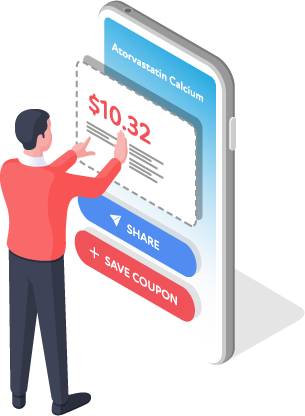 just now
just now
Compare Prescription Drug Discounts Across 65,000 Pharmacies Nationwide
Save Up to 80% on Your Medications
Popular Medications
Where Can I Use OptionRx?
OptionRx is accepted at almost any pharmacy you shop. By using our custom pharmacy search engine, you can find the best price on your medications available at a pharmacy near you.






Search Your Prescription

Compare prices for over 20,000 generic and branded medications.
Choose Your Pharmacy

Choose from over 65,000 pharmacies or mail order options with the best cash price.
Pick Up Prescription

Tell your pharmacist to apply the OptionRx discount to save up to 80% on your prescription costs.
How Can OptionRx Help Me Save?
Whether you are uninsured or underinsured, OptionRx helps you search for the pharmacy with the best medication prices. Even if you have insurance for your prescriptions, pharmacies may offer you a lower price than your out-of-pocket insurance costs when applying for the OptionRx discount. Use the custom pharmacy search engine to search for medications, compare prices, and find a pharmacy or mail order program with the cheapest option.



